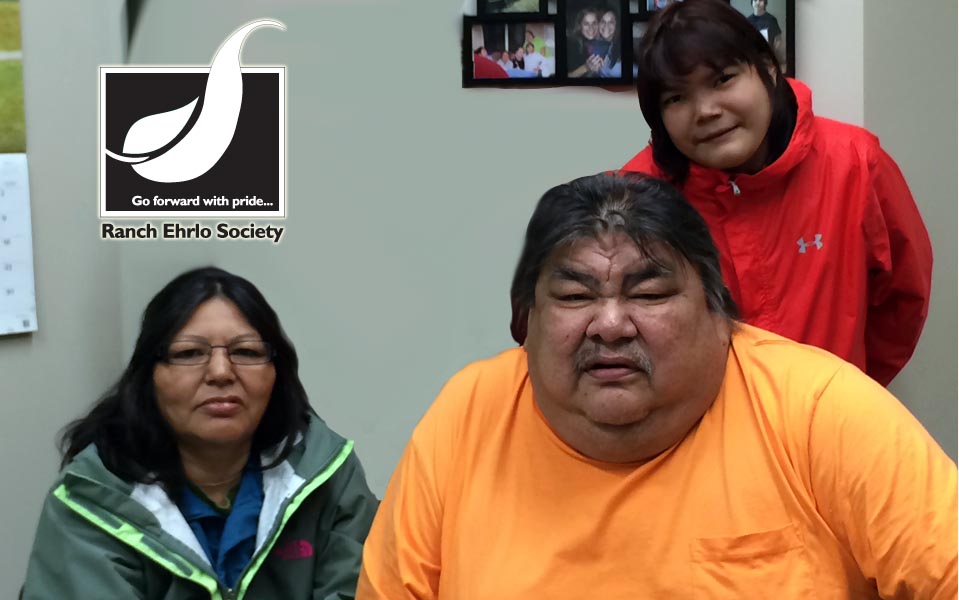David Nuke has had a difficult life, but with the help of Ranch Ehrlo, he sees hope where there once was very little.
“Ranch has changed my life. When I look at the community today, I see opportunity. I see hope for the young,” he said. “On a personal level, I think I can be an example for my grandchildren.”
David and his family recently completed a stint at the Ranch’s Family Treatment Program, coming to Regina from Sheshatchiu, Labrador, an Innu federal reserve located approximately 30 kilometres north of Goose Bay. As a leader in his small community, David feels the skills he’s learned during his family’s time in the family program will be transferrable to many in his hometown.
“There are two addictions in the community. One is alcoholism that is practiced by the older people. The other is delinquency, experienced by the young people. Both of these need to be addressed. It takes a community to raise a child. It takes a community to protect a child. I think what the community needs is the Ranch.”
“I have learned a lot in the short period of time that I’ve attended the Family Treatment Program, through the resources they’ve provided, talking to participants in the program, and listening to participants in the program,” he explained. “The staff has been very inspirational.”
“It is truly a privilege to work with families from all over Canada. While supporting David’s family in their treatment journey, I have the opportunity to learn about their community, culture, and traditions,” said family reunification therapist Jill Kusisto.
“During the family’s time in the program you are able to observe and be a part of their growth and transformation which is incredibly rewarding,” she added. “To think about the positive impact that David and his family hope to have on their community once they return is wonderful - it makes me very proud to work at Ranch Ehrlo.”
David’s experience at the Ranch didn’t end with the Family Treatment Program. He has three grandchildren in residential care at the agency, and after visiting them he says, they aren’t the kids he knew before treatment – in a good way.
“Having Shuashem here, and communicating with the Ranch, and visiting him … I saw the change in him and it inspired me. I inquired what they did for him, and understanding what they’d done for him and seeing the progress, I felt that he was in the right place.”
“I think the Ranch has done a tremendous job.”
He hopes his grandchildren, too, will be able to create a change in Sheshatchiu.
“We live in a small community. Everybody knows everybody,” he said.
“I preach to them every evening –what they’ve learned here, take it and pass it along to their friends.”


